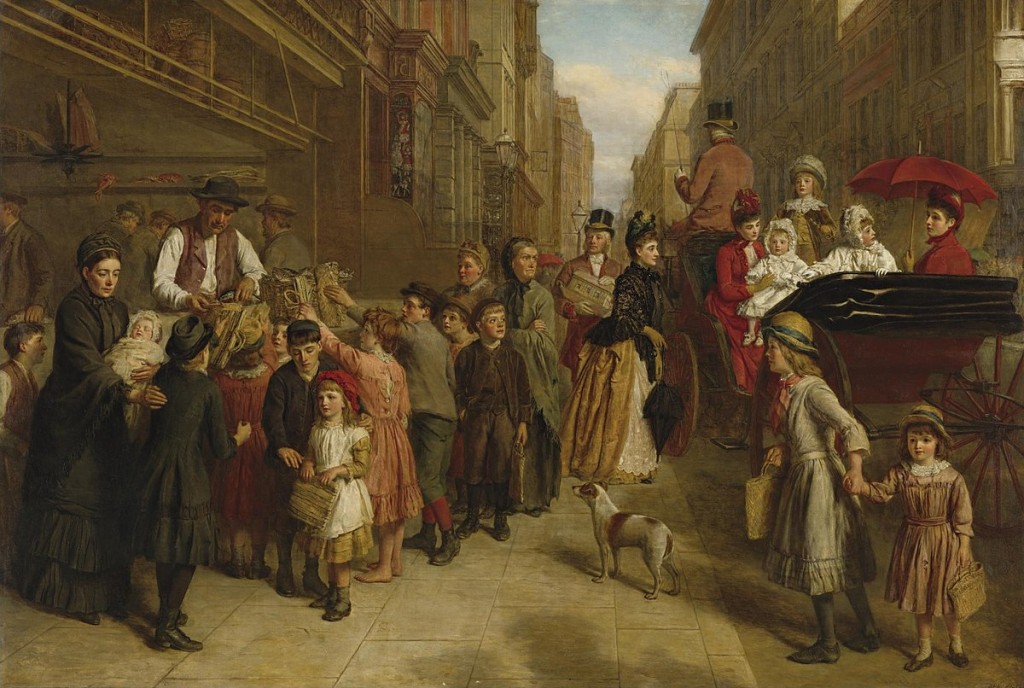Since 2006, most of the time Slovakia has been ruled by politicians who have emphasized the role of the welfare state. The concept of pre-election welfare packages has become more popular and has become an integral part of mainstream politics, regardless of the phase of the election cycle. The phrase ‘the state must share with the citizens’ has taken hold.
Despite this, the social situation of the poorest of Slovakia’s inhabitants in material need has not improved. From 2006 to 2022, the material need allowance rose from EUR 54.8 to EUR 68.8, an increase of 26.7% in 16 years. Over the same period, inflation was 54%. In real terms, at 2006 prices, the benefit has fallen to EUR 44.6 by the end of 2022.
In other words, after more than a decade of social packages, a recipient of material need allowance can buy EUR 8.4 less per month in goods or services. Services in particular have disappeared from the spending of the socially deprived; they cannot afford them, as the wages of their providers (e.g., a washing machine repairman) have risen by 110%.
By comparison, in the same period the minimum wage has risen from 252 euros to 646 euros, an increase of 156%. Thus, almost six times faster than the growth of material need allowance. Politically, raising the minimum wage was sold to the electorate as social policy.
However, this social policy was largely paid for by the private sector and not directly by the state budget. Not to mention its unintended negative effects in the poor regions of Slovakia, which have also been confirmed by an Institute for Financial Policy at the Ministry of Finance study.
Pensioners were another favorite recipient of social packages. Between 2006 and 2022, the average pension rose from EUR 273 to EUR 517, an increase of almost 90%, which is still more than three times faster than the growth of material need allowance.
This divergence in the growth of allowances, the minimum wage and pensions makes it clear that social policy in Slovakia does not mean helping the socially deprived. At best, it is help for people on low wages or pensioners. At worst, it is straight help for middle-class families, as the latest social packages from the pen of the Heger Government have shown.
The Slovak welfare system is thus in need of philosophical reform. Flat social packages for all make it impossible to help those who really need it. This means the socially deprived people. It is right if the difference between the net wage and the social benefit is sufficiently motivating, but if it takes on astronomical proportions, it clearly creates a side-cost. Unfortunately, the socially deprived are not invited to the government-employers-trade unions negotiations, nor do they get to attend the weekend political debates.
The absence of an efficiently designed social system has also proved to be a major problem during crisis situations. The state failed to reliably identify the most financially vulnerable during the coronavirus pandemic, and it is equally unable to identify them during the current energy crisis.
It has thus failed to effectively help those who were and are dependent on state assistance. That is why it has gone down the road of blanket, unsystematic and, above all, extremely expensive measures that undermine the sustainability of public finances.



